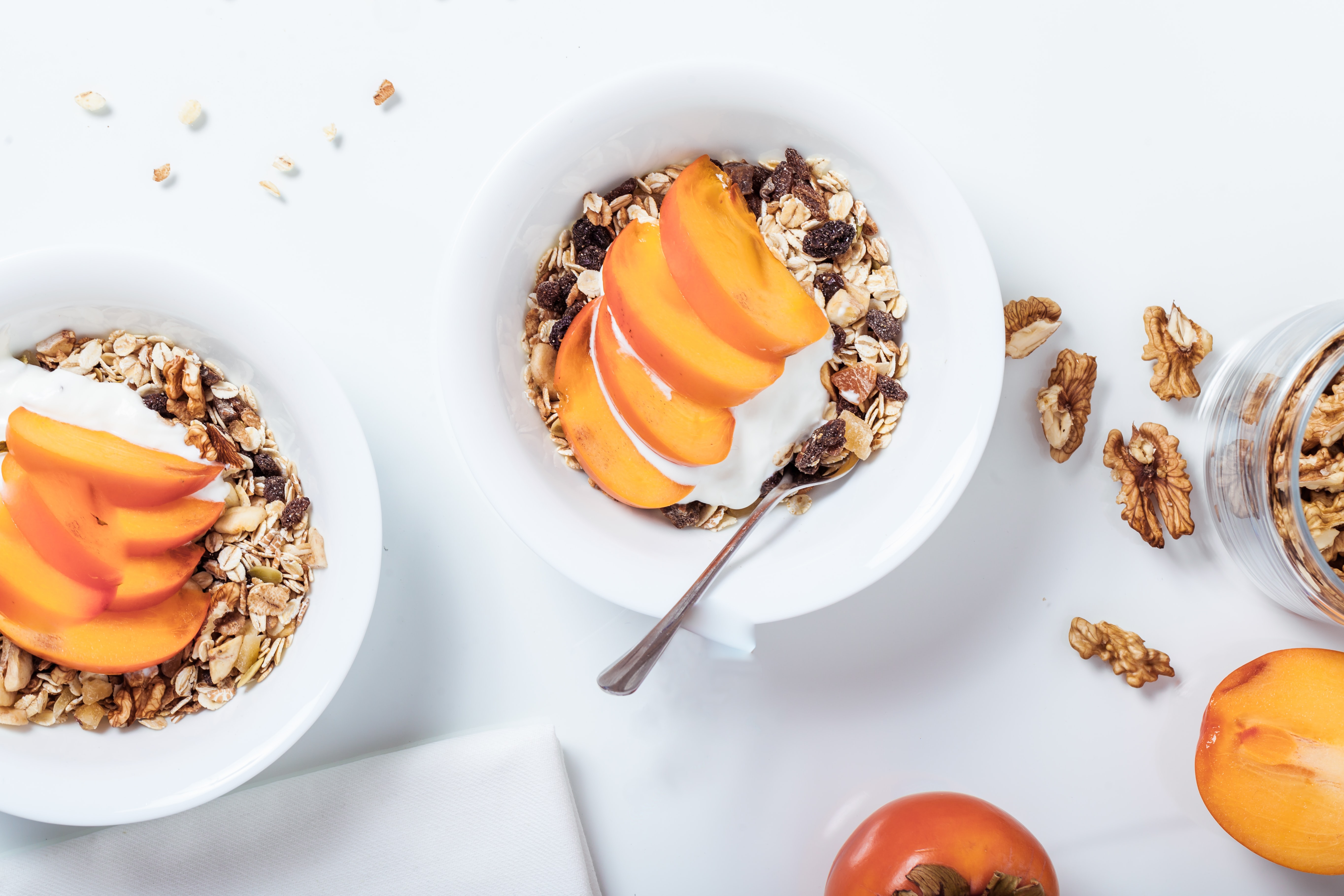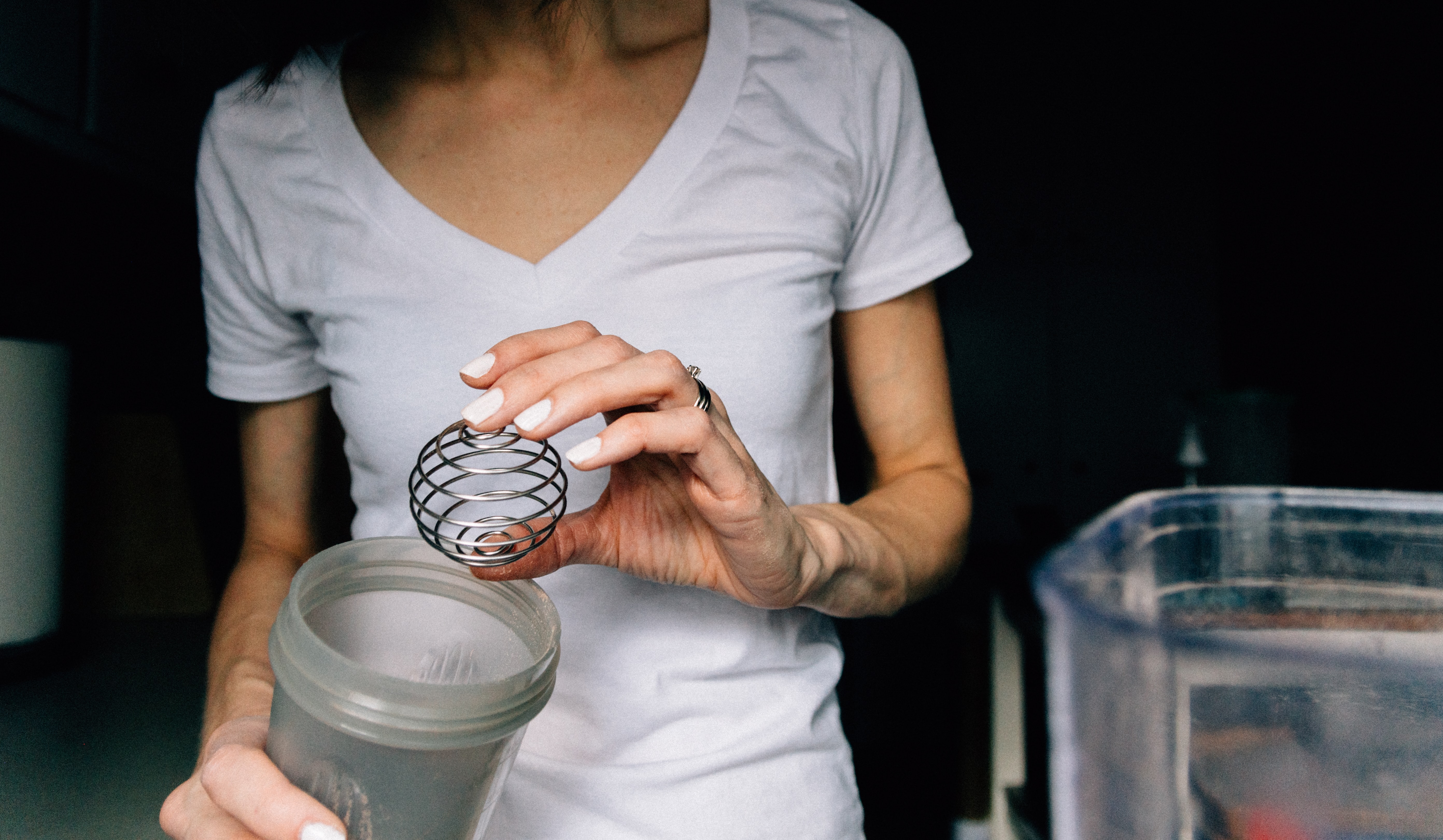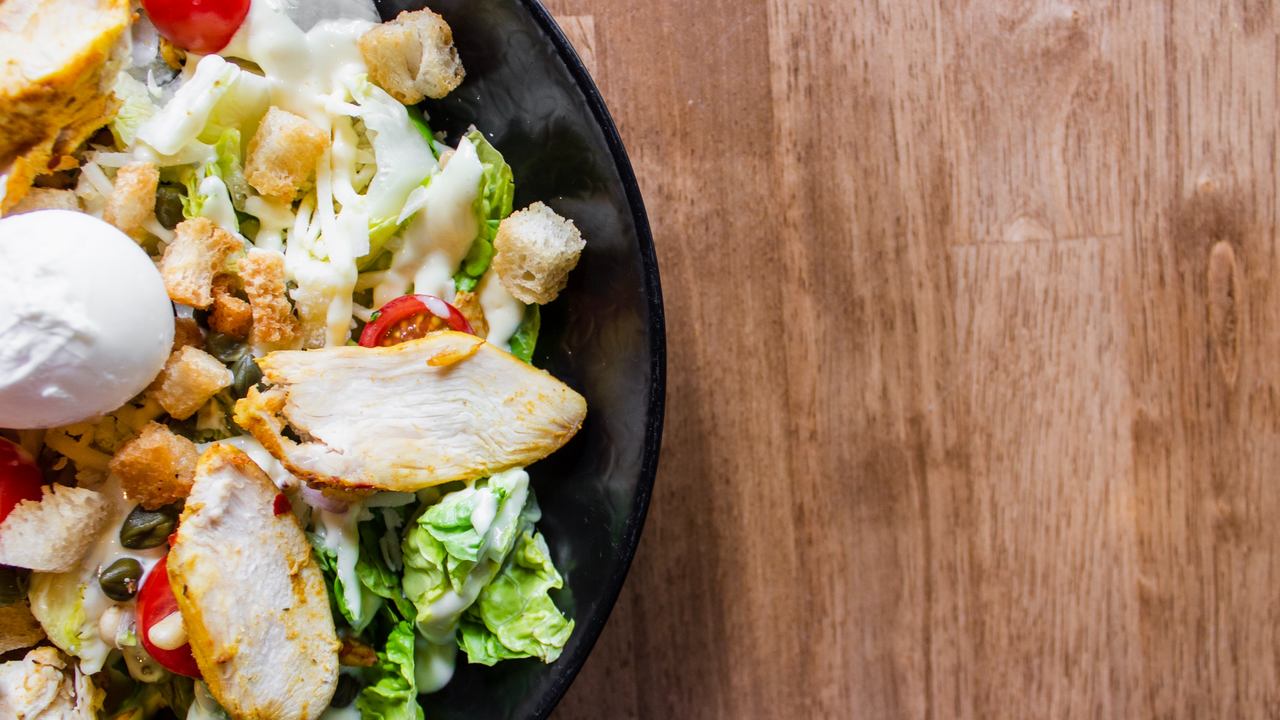Regular physical activity and its effect go hand in hand with what you eat. Whether you are at home in the gym or you are just an occasional visitor of the fitness center, you should know what to put into your body after training. Support your training efforts and take a look at what the right meal should look like after training.
How Long to Eat After Exercise
Almost every athlete, whether recreational or elite, sometimes comes to the question of when and what to eat after training. At first glance, this seems like a tricky question: there are so many options, so many nutritional directions, so many supplements that it makes your head spin. Nothing is as complicated as it seems: listen to your body and get back to basics.
During physical activity, it is important to provide the body with an optimal supply of energy and exchange of oxygen and carbon dioxide. Blood is the main transporter in our body. Blood flows in blood vessels that have the ability to dilate and contract under certain conditions. This affects the amount of blood in individual organs and parts of the body. During physical activity, blood vessels in the working muscles dilate (to supply the body with energy, oxygen and the removal of carbon dioxide). On the contrary, blood vessels contract where blood supply is not needed during physical activity - in the digestive tract, kidneys or spleen. The result is reduced blood flow in these organs.
You have probably already heard the statement that you can't eat anything immediately after training, at most some simple carbohydrate. And protein? You can have it at the earliest half an hour after exercise. So how is it? Yes, during physical activity, blood flow in the digestive tract is reduced, so its function is limited. However, there is much scientific evidence to support the positive effects of protein immediately after exercise. There are many quality protein powders on the market today with optimal ingredients, which are "user-friendly" for our body, so they are easily absorbed and their benefits used immediately after sports activity.
What does this mean for you? If you are hungry right after training, be sure not to go home with a rumbling belly. Have a light snack in the form of a simple carbohydrate to quickly replenish your energy (eg a piece of fruit). You can shake your protein drink immediately after training, it depends entirely on you when you feel like it.
In an hour or two you should have a quality whole meal, containing all the main nutrients - proteins, fats, carbohydrates. You don''t know what to imagine under that?
What to Eat After Exercise

So your post-workout meal (if you exercise in the morning, then breakfast, if in the evening, then dinner) should therefore contain quality protein, fat and carbohydrates (mostly in the form of polysaccharides). This rule always applies, whether you are interested in what to eat after interval training, CrossFit or strength training. The difference will be in the amount of individual nutrients - after strength training, we can naturally expect higher demands on both energy and nutrition than after cardio training.
Of course, the after training meal also differs according to your goal. If your intention is to lose weight, a giant snack after exercise isn't probably the best thing to do. In case of hunger, eat fruit after physical activity to replenish energy (if you are not hungry after training, you can skip the fruit) and enjoy a balanced meal 1-2 hours after training.
If you desire to gain muscle mass, you can have a bigger snack after training, in addition to fruit (of course, pay attention to quality - you'll find tips for snacks below). 1-2 hours after exercise, quality and varied food again follows.
PROTEINS are necessary for the regeneration and formation of new muscle mass. These include meat (chicken, turkey, lean beef), fish - freshwater or seafood, eggs, tofu, tempeh, milk and dairy products.
FATS: prefer mainly vegetable origin - olive oil, rapeseed oil. They are also contained in other foods - in dairy products or meat (eg salmon). Last but not least, you also find fats in plant fruits such as nuts or avocados. These fats are beneficial, you don''t have to avoid them, on the contrary - you need fats! For example, your body can''t use fat-soluble vitamins (A, D, E, K) without fats. You just need to watch the amount and adjust it to the overall composition of your diet plan.
CARBOHYDRATES are necessary to restore muscle glycogen after training (energy for next training, but also for the way home, preparing dinner or cleaning). Put on mainly carbohydrates in the form of polysaccharides (compound carbohydrates). This group includes whole grain products, dark bread, rice, bulgur, couscous, quinoa, buckwheat and potatoes.
What to eat after a workout in the evening so as not to waste your sports efforts? Calm down! You can rest assured that the body doesn't have a watch in it and doesn't measure when you eat what. It won''t say itself: "Yeah, she had an apple at 6:01 p.m., she didn''t make it by six PM, so we''ll put it in her belly fat right away!" After training, it''s always necessary to follow the above principles. Your post-workout food must be balanced. In any case, do not limit quality carbohydrates or fats, the body will use them in the morning as well as in the evening.
After-Training Meals Tips
Breakfast
- Oat meal with milk, proteinella, banana
- Yoghurt with oats, nuts, fruits
- Whole grain bread, cottage cheese with chives, vegetables
Snack
- Yoghurt with fruit
- Curd with peanut butter
- Banana with peanut butter
- Protein shake (with milk)
Lunch, dinner
- Chicken, mushrooms, rice
- Salmon, sweet potato puree, vegetable salad
- Vegetable salad with bulgur, mozzarella, pumpkin seeds, balsamic dressing
- Whole grain bread, tuna curd spread, vegetables
- Lean beef, stewed beans, potatoes
- Tofu with grilled vegetables, whole grain couscous
- Whole grain bread, avocado spread, sunny side up egg, tomatoes
Supplements After Training

Keep in mind that supplements make sense and fulfill their function only if you have a well-tuned, healthy and varied diet.
Protein
The best known and most used training supplement. It belongs to a group of several supplements that have been scientifically proven to be effective, so protein (not only) after training can be important. However, it's always necessary to incorporate protein into the daily diet and not just rely on protein powder. We can indulge in quality protein throughout the day = contained in food.
If the protein in the form of protein powder suits you, choose whey protein containing BCAA. The highest quality protein with the highest protein content is whey hydrolyzate (abbreviated WPH).
BCAA
Other widely used supplements include BCAAs, which are branched chain amino acids - valine, leucine, isoleucine. You can use them separately, but also as part of whey protein. If you drink protein after training, focus on its composition. If BCAAs are part of your protein, your need for these amino acids is already in this dose. As a result, you don''t have to buy BCAAs separately. The body can use only a certain dose of BCAA in the amount it needs. The purpose of BCAA after training is mainly in the protection of muscle mass that you are so laboriously building.
Have enough full-value protein in your diet, include whey protein including BCAA after your workout, and you will receive as much BCAAs as you need. Be smart and save money for some healthy delicacy.
Creatine
According to a large number of scientific studies, creatine has a positive effect on sports performance, increases muscle volume and strength. It's one of the safe and probably the most studied supplements. A large number of scientific studies have dealt with creatine. To date, no negative side effects have been reported (except for the use of creatine on an empty stomach, where digestive problems have occasionally been reported).
Finally, one more note: you can't overtrain the poor composition of your diet. The training should not serve as a ticket to the world of sweets, fried foods or other caloric delicacies. By following the basic rules of proper diet, you won't have to decide what to eat after exercise and not gain weight. This doesn't mean that you cannot have some sweets or other, not completely healthy, titbits. You can, but the golden rule of "everything in moderation" applies. It always depends on the composition and amount of food related to your total daily activity.
References:
- CAMPBELL, Bill, Richard B KREIDER, Tim ZIEGENFUSS, et al. International Society of Sports Nutrition position stand: protein and exercise. Journal of the International Society of Sports Nutrition [online]. 2007, 4(1) [cit. 2021-01-04]. ISSN 1550-2783. Dostupné z: doi:10.1186/1550-2783-4-8
- CLARK, Nancy. Sportovní výživa. Praha: Grada, 2009. Fitness, síla, kondice. ISBN 978-80-247-2783-7.
- ETHERIDGE, Timothy, Andrew PHILP a Peter W. WATT. A single protein meal increases recovery of muscle function following an acute eccentric exercise bout. Applied Physiology, Nutrition, and Metabolism [online]. 2008, 33(3), 483-488 [cit. 2021-01-04]. ISSN 1715-5312. Dostupné z: doi:10.1139/H08-028
- PHILLIPS, Stuart M. The science of muscle hypertrophy: making dietary protein count. Proceedings of the Nutrition Society [online]. 2011, 70(1), 100-103 [cit. 2021-01-04]. ISSN 0029-6651. Dostupné z: doi:10.1017/S002966511000399X
- SAFDAR, Adeel, Nicholas J. YARDLEY, Rodney SNOW, Simon MELOV a Mark A. TARNOPOLSKY. Global and targeted gene expression and protein content in skeletal muscle of young men following short-term creatine monohydrate supplementation. Physiological Genomics [online]. 2008, 32(2), 219-228 [cit. 2021-01-04]. ISSN 1094-8341. Dostupné z: doi:10.1152/physiolgenomics.00157.2007
- SHAO, Andrew a John N. HATHCOCK. Risk assessment for creatine monohydrate. Regulatory Toxicology and Pharmacology [online]. 2006, 45(3), 242-251 [cit. 2021-01-04]. ISSN 02732300. Dostupné z: doi:10.1016/j.yrtph.2006.05.005
- TERJUNG, Ronald, ed. Comprehensive Physiology [online]. Hoboken, NJ, USA: John Wiley & Sons, 2011 [cit. 2021-01-04]. ISBN 9780470650714.
